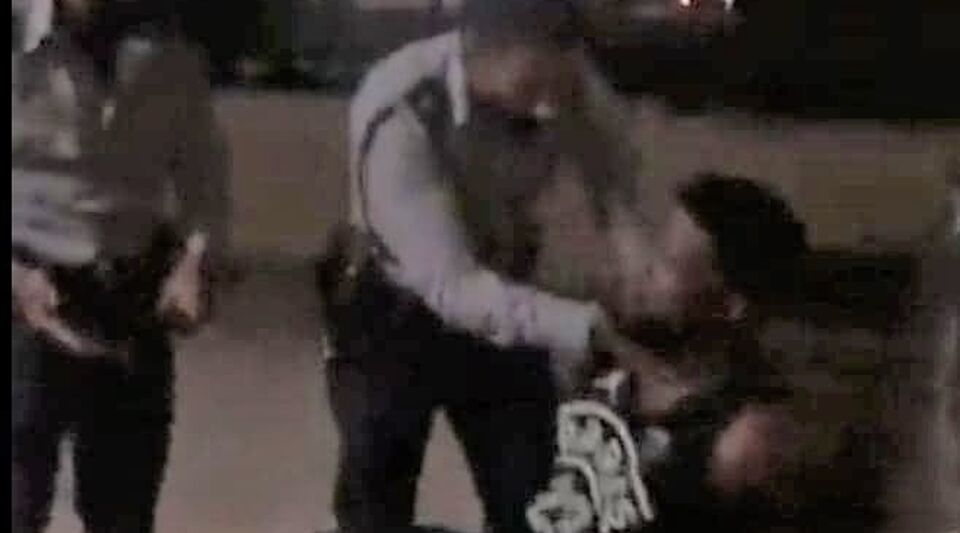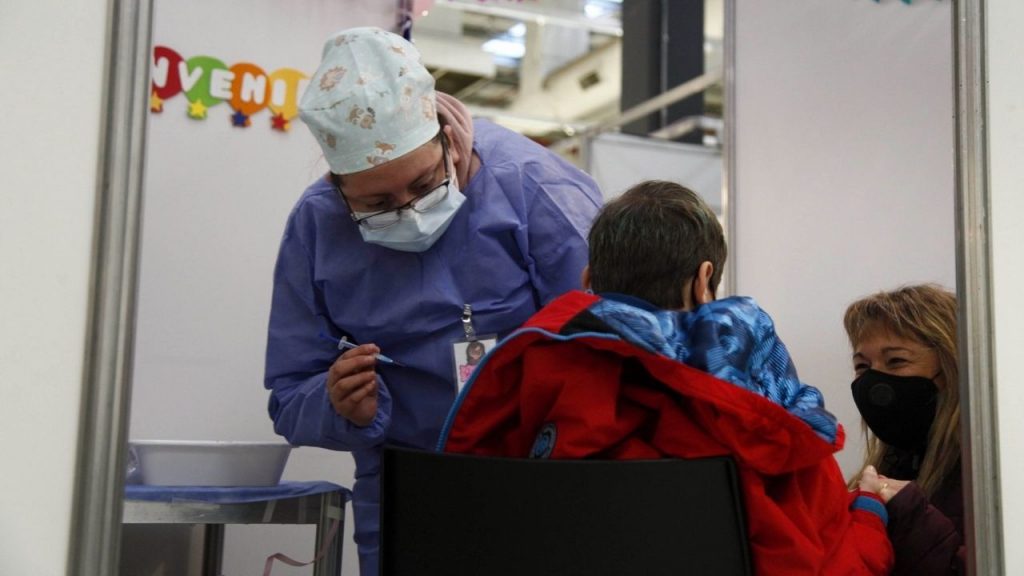The images of several agents of the National Revolutionary Police (PNR) hitting forcefully in the face, pushing and shaking a group of South African students from the Villa Clara University of Medical Sciences ran like wildfire in two videos broadcast on networks this Sunday.
“Come on, come on, upstairs!”, The police say to the young people, who were celebrating a party in the student residence. “Record video, record video!”, Ask in English, among a shout, several of those present.
In the face of criticism unleashed by the flagrant violence of the PNR against foreign students, the official media immediately came forward to justify the action of the agents. On statements to a journalist from Telecubanacán, Professor Roselys Vigo said that the young people, who had started a birthday party on Saturday, in the early hours of Sunday “manifested indiscipline contrary to the school regulations: they threw cans, kept the music loud and began to speak loudly.”
Without alluding to the blows, the reporter for the official channel explained to the camera that the students “lost their temper a bit”, that some of them “were taken” and that there was “a confrontation” – he interrupted: “Well, it wasn’t a confrontation, it was an exchange of words “- with teachers and some of the authorities who came to ask them” to calm down “, but in the end the” officers of the Ministry of the Interior “had to intervene.
At the same time, he says that it was a mistake to call the police and that he does not know who did it, “because this is an education center.”
As a witness, they also interview a Saharawi exchange student (from Western Sahara, in conflict with Morocco since this country occupied it in 1975). “People go for drinks, like anywhere,” says the boy, who does not give his name. “There was an imbalance of attitude, a disorder, and authority had to come.”
The Saharawi believes that the videos of the scene were taken “with malicious intent”, that the South African students had been drinking for “hours” and that they were not “in their full conscience.” “It seems that voices were raised and the officers tried to put order, normal,” says the young man, who assures that after taking the PNR to two students “who were very bad” detained for a few hours, “the morning ended quietly” .
This student, he asserts, tried to mediate with his classmates, telling them that what they were doing was “the wrong thing to do.” At the same time, he says that it was a mistake to call the police and that he does not know who did it, “because this is an education center,” and he ventures that the officers “were given false information, which was not correct.” .
For its part, the South African Embassy in Cuba made a statement this Monday in which it clarified that its Government is aware of the video that circulates on social networks and also reported that the Department of International Relations and Cooperation of that nation “is investigating allegations that the Cuban police mistreat South African students.”
They indicated that although “it is not clear what caused the incident” they have communicated with the Government of the island and are “working with the pertinent organizations to investigate the matter.”
STATEMENT | The South African Embassy is aware of the video circulating on social media purporting to involve South African students in Cuba. The South African Embassy is engaging relevant authorities to investigate the situation. https://t.co/l6YJWMqXh0
– Embassy of South Africa in Cuba (@SAEmbCuba) November 8, 2021
South African students in Cuba return to the present, with this altercation, after last August, half a thousand of them asked their Government to return them to their country, then, they denounced, they had already completed their fifth year of career and were surviving on the island in deplorable conditions.
Good relations between Cuba and South Africa began with the rise to power of Nelson Mandela and have continued seamlessly with his successors, Thabo Mbeki (1999-2008), Jacob Zuma (2008-2018) and the current president, Cyril Ramaphosa.
Specifically, the agreements medical exchange, which allow the training of health workers on the island, the sending of professionals to the African country and the purchase of medicines, date from 1997, and as a result of them it is estimated that more than 1,500 South Africans have graduated from Cuban universities.
Cooperation between the two allied countries has been a frequent source of scandals, the most serious of which is that the South African Armed Forces invested more than 17 million dollars in illegally importing interferon alfa-2b claiming they feared the coronavirus could be germ warfare.
There has also been no lack of complaints from various professional unions about the hiring of Cuban employees instead of local ones, such as teachers and engineers.
________________________
Collaborate with our work:
The team of 14ymedio He is committed to doing serious journalism that reflects the reality of deep Cuba. Thank you for joining us on this long road. We invite you to continue supporting us, but this time becoming a member of our journal. Together we can continue transforming journalism in Cuba.














